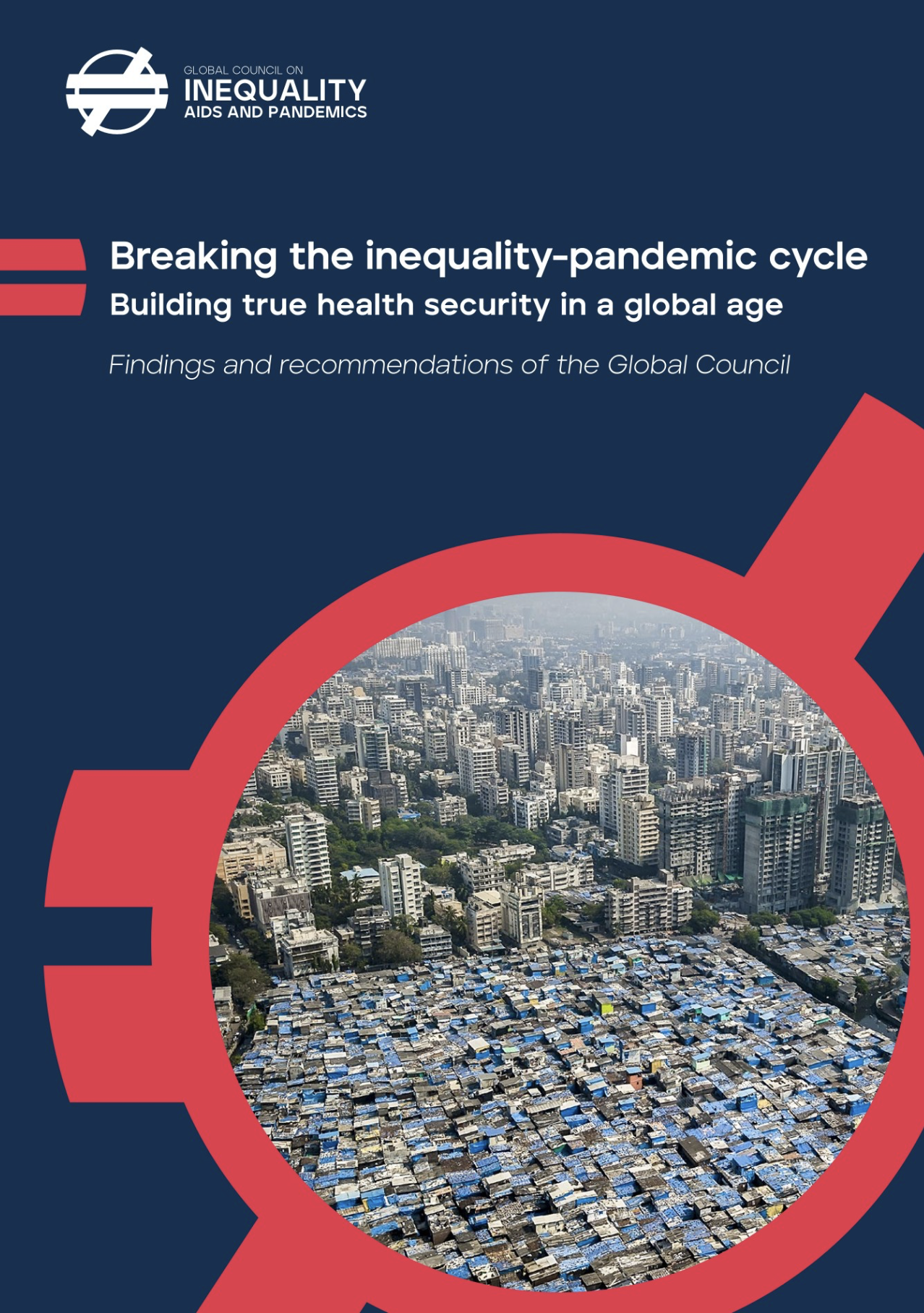Zacharoula Sidiropoulou, Senior Consultant Breast Surgical Oncologist at Hospital São Francisco Xavier, shared Jérôme Salomon’s post on LinkedIn, adding:
“As we address the inequality-pandemic cycle, surgical care equity must be central to the solution.
This report’s call for ‘inequality-informed’ pandemic responses aligns perfectly with initiatives like SURGhub – the United Nations Global Surgery Learning Hub.
Over 17 million preventable deaths occur annually due to lack of surgical care access – a devastating inequality that directly undermines the health security this report advocates for. 93% of people in sub-Saharan Africa cannot access safe surgical care when needed.
As a SURGhub Ambassador, I’ve seen how addressing educational inequality in surgical training directly tackles the social determinants of pandemics the report highlights:
SURGhub is breaking the inequality cycle through:
- Free, high-quality surgical education for 19,000+ healthcare workers in 190 countries
- Reaching 1,700+ learners in conflict-affected regions (DRC, Sudan, Ukraine, Yemen, Palestine)
- 100+ UN-certified courses optimized for low-bandwidth settings. Strengthening surgical systems in LMICs where pandemic vulnerability is highest
Even if I have access to excellent training resources compared to my colleagues with less ‘fortunate’ postal codes, I continue learning through SURGhub because quality surgical education should be a global standard, not a privilege. The platform’s commitment to evidence-based, context-appropriate content benefits all of us – and reminds us that solidarity means continuous learning alongside our colleagues worldwide.
This is the kind of multisectoral action on affordable healthcare access that the Council recommends. A partnership between UNITAR, the Global Surgery Foundation, and RCSI – contributing directly to SDG3 and SDG4.
As G20 South Africa champions ‘Solidarity, Equality, Sustainability’ initiatives like SURGhub demonstrate practical pathways forward.
Building true health security requires strengthening surgical systems worldwide.
Join us.”
Jérôme Salomon, Assistant Director General, ADG SDG at the World Health Organization, shared a post on LinkedIn:
“Inequality is making pandemics more likely, more deadly and more costly
‘Inequality-pandemic cycle’ must be broken to achieve health security.
A report by world-leading economists, public health experts, and political leaders released today ahead of G20 meetings, Breaking the inequality-pandemic cycle: building true health security in a global age, shows that inequality is making the world more vulnerable to pandemics
In landmark findings based on 2 years of research and convenings around the world, the new report shows that high levels of inequality are linked to outbreaks becoming pandemics and that inequality is undermining national and global responses, making pandemics more disruptive, deadly, and longer in duration.
The report also shows that pandemics increase inequality, fueling a cycle that research shows is visible not just for COVID-19, but also for AIDS, Ebola, Influenza, Mpox and beyond.
Evidence gathered by the experts also shows that “inequality-informed” pandemic responses, alongside actions on inequality taken before pandemics hit, can protect the world from the next global disease crisis more effectively than current preparedness efforts
The report lays out the social determinants of pandemics and actions that can be taken to address them, linked also to communities and multi-sectoral governance. It provides recommendations for global economic policy, and access to affordable medicines. As well as strengthening preparedness for future pandemics, the proposals in the report can also help decisively end existing health crises, such as HIV, tuberculosis and Mpox.
Co-chaired by Nobel laureate Joseph Stiglitz, former First Lady of Namibia Monica Geingos and renowned epidemiologist Professor Sir Michael Marmot, and convened by UNAIDS, the Global Council on Inequality, AIDS and Pandemics report distils practical steps toward that governments can take, redefining ‘health security.’
The new findings arrive as G20 South Africa Health Ministers prepare to meet amidst reports of new and growing outbreaks internationally of Avian Flu and Mpox, and as breakthrough HIV prevention drugs are being approved by drug regulators
The report arrives as G20 presidency reaches its climax. In a challenging period for multilateralism, rising insecurity and faltering progress on socio-economic development, the Council’s recommendations align with South Africa’s efforts to centre this year’s discussions around the theme ‘Solidarity, Equality, Sustainability.’
Over the last 2 years, research conducted and reviewed by the Global Council has revealed an inequality-pandemic cycle: inequality drives pandemics, and pandemics deepen inequality, making future crises more likely, more deadly and more economically damaging.
High levels of inequality are making the world more vulnerable to pandemics, making pandemics more economically disruptive and deadly, and making them last longer; pandemics in turn increase inequality.”

More posts featuring Zacharoula Sidiropoulou.


